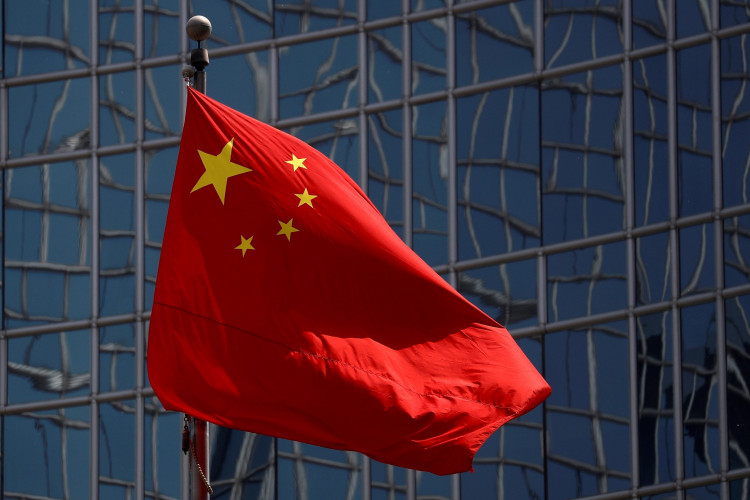Kwon Pyong, a Chinese dissident who fled his home country on a jet ski, now faces a critical juncture in South Korea. His father, Quan He, in an interview with The Guardian, expressed grave fears for his son's life if he were to be returned to China, where he has been a vocal critic of the government.
Kwon, 35, has been a long-standing opponent of human rights abuses in China and had been actively voicing his dissent through social media. After studying aerospace engineering in the United States and returning to work in the family business in China, he became increasingly frustrated with the Chinese political system. This frustration led him to take dramatic action to escape.
On August 16, Kwon embarked on an audacious journey from Shandong province in eastern China to South Korea's west coast near Incheon. He traveled approximately 250 miles across the Yellow Sea on a jet ski equipped with barrels of fuel, a helmet, binoculars, and a compass. His risky journey ended when his jet ski got stuck in mud flats near Incheon, leading to his capture and subsequent detention by South Korean authorities.
Kwon's father, in his plea, highlighted his son's desire for freedom and his previous activism, including participation in Hong Kong's 2014 pro-democracy protests. He revealed that Kwon had been placed under an exit ban by the Chinese government, barring him from traveling abroad and effectively stifling his voice.
South Korean prosecutors have charged Kwon with violating the Immigration Control Act and are requesting a two-and-a-half-year sentence. A court hearing, set for Thursday, will determine Kwon's fate - whether he will face repatriation to China or be allowed to remain in South Korea.
The plight of Kwon has garnered attention from various human rights groups. Front Line Defenders, an NGO advocating for human rights activists, noted that Kwon had previously served an 18-month prison term for wearing a t-shirt mocking Chinese President Xi Jinping. The t-shirt, branded with the name "Xitler," led to his arrest and incarceration until his release in 2018.
Lee Dae-seon, a pro-democracy activist in South Korea, emphasized the dire circumstances Kwon faced in China, including a 99-year travel ban. He also mentioned that Kwon's family had relocated to South Korea, highlighting the extent of the dissident's fears and the lengths he went to in search of freedom.
Kwon's daring escape and current predicament underscore the broader issue of China's harsh stance on political dissent and freedom of speech. The Chinese government has been known to imprison individuals for political activities or for supporting Taiwan or Hong Kong's freedom movements. The country's strict control over its citizens' movements has been further highlighted by reports of China establishing unofficial police "offices" in various countries to track and clamp down on dissidents.
As the international community watches, Kwon's case becomes a focal point in the ongoing conversation about human rights, freedom of speech, and the consequences faced by those who dare to challenge authoritarian regimes.





